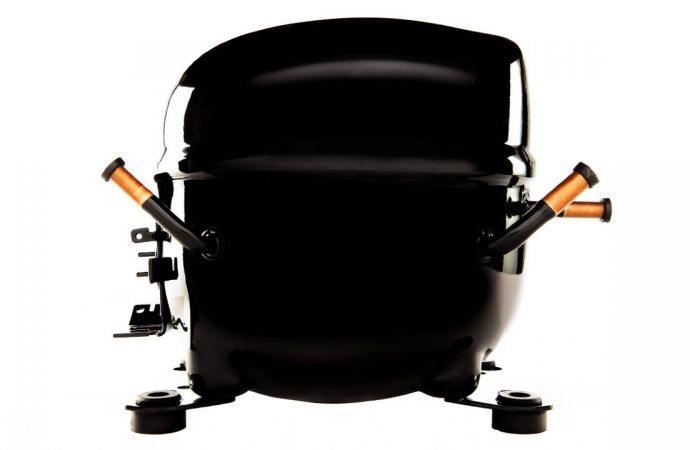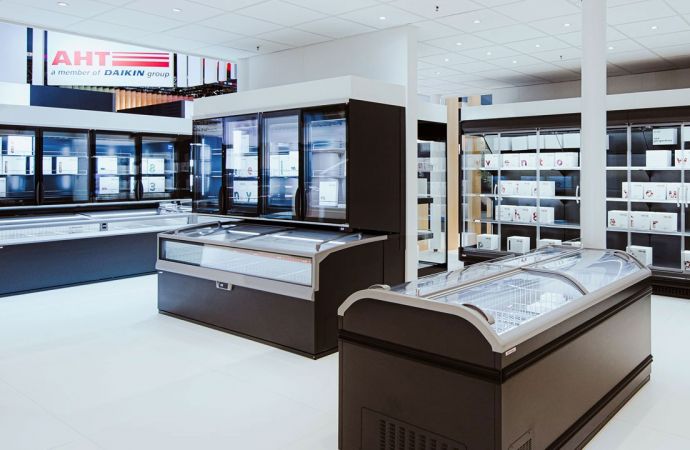SuperSmart – a EU funded project – releases 7 training reports on energy efficiency in food stores.
_1478173735.png)
The reports provide an overview and concrete recommendations on how to maintain high levels of energy-efficient operations.
“ SuperSmart gives supermarket owners, engineering consulting businesses and technology contractors a way to optimise their business financially and environmentally”,
- Nina Masson, SuperSmart
“In light of the increased role energy efficiency regulation is having in the EU and the concern that consumers have for the climate, SuperSmart gives supermarket owners, engineering consulting businesses and technology contractors a way to optimise their business financially and environmentally”, says Nina Masson, Chief Strategy Advisor / Special Projects, for SuperSmart’s communication partner shecco.
Getting to grips with the legislation
Report one and two, drafted by Italy’s national research council CNR and Sweden’s largest university KTH respectively, provides guidelines on the state of the industry across the European supermarket sector – in five regions - and the implications of legislation such as the European wide F-gas regulation.
“This is complemented with case studies on integrated systems across the EU”, says Masson.
Making smarter buildings
The building design and its individual components including the HVAC&R systems, their layout and technology options and their individual components make up the focus of the third and fourth report, written by Norwegian research institute, project leader SINTEF and Spanish research centre CIRCE.
The fourth report shows what can be done to replace or install new buildings with the most up to date energy efficient equipment and materials. “We are looking at a holistic approach - including walls, roofs, doors, windows, renewable energy, lighting and shading elements”, she says.
Smart technology and the Internet of things are being shown to have an increased role on supermarkets. The fifth report, drafted by the Technical University of Braunschweig, provides a complete overview of available tools and the sixth, authored by Macedonian HVAC&R company Energija, complements this with a low down on the available monitoring systems that efficiency gains.
Free training sessions and labels
The final report, by SINTEF, shows the food retail sector how to communicate this to the public by using environmental labels like the Blue Angel, Nordic Swan, Good Environmental Choice and Energy Star label.
“Ultimately SuperSmart will come up with a EU wide recognised label to allow retailers to communicate their environmental strategy to consumers”, she explains.
SuperSmart will also be holding free trainings for the food retail industry on everything from building and refurbishing to maintaining efficient food retail stores.
About SuperSmart
SuperSmart is a three years project to remove non-technological barriers to efficient heating & cooling in the European food retail sector, increase staff knowledge through promotion and training, and support the introduction of a new EU Ecolabel for food retail stores, by developing draft criteria for such a label. It is funded by the European Union under the Horizon2020 research framework programme. There are nine partners from eight European countries, that also include the International Institute of Refrigeration and Germany’s federal environment agency UBA.
Related stories



